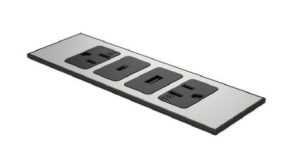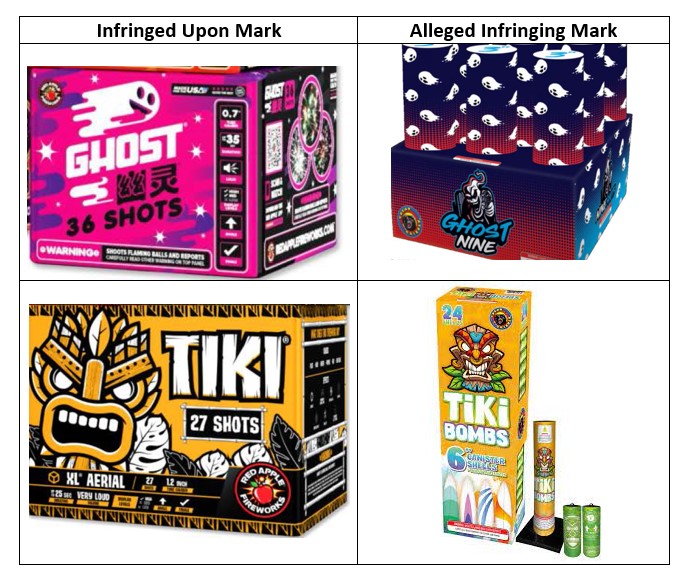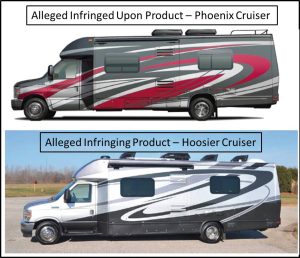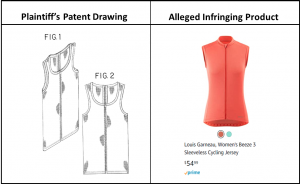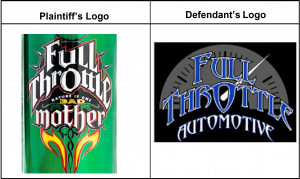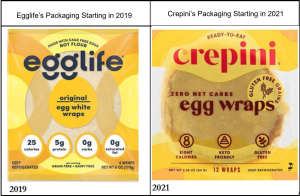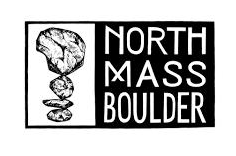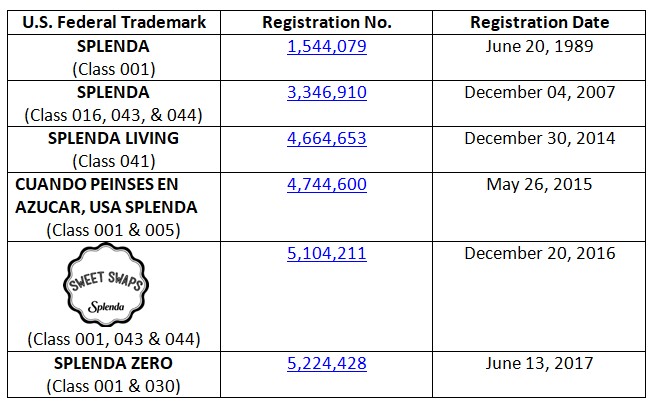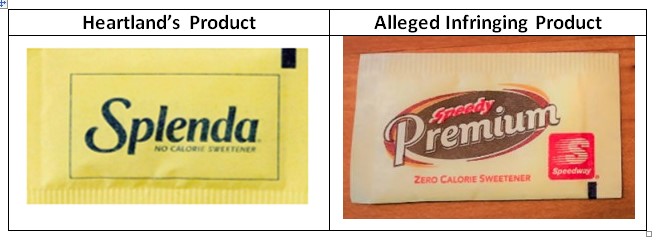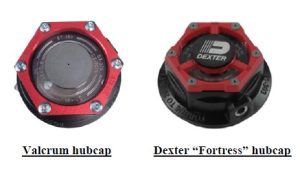 In Cyprus, Texas, Valcrum, LLC (“Valcrum”), a company specializing in trailer and axle market products, is engaged in a legal dispute with Dexter Axle Company, LLC (“Dexter”) from Indiana over trademark and trade dress infringement regarding a hubcap design.
In Cyprus, Texas, Valcrum, LLC (“Valcrum”), a company specializing in trailer and axle market products, is engaged in a legal dispute with Dexter Axle Company, LLC (“Dexter”) from Indiana over trademark and trade dress infringement regarding a hubcap design.
According to court documents, Valcrum has developed a reputation for innovative hubcaps designed for 8,000-16,000-pound trailer axles. These hubcaps are identified by their distinct features, including a “signature red hex bezel with a hexagonal outer perimeter and an inner diameter.” Valcrum claims to have begun establishing trademark and trade dress rights for this design as early as late 2018.
The dispute arises from Valcrum’s allegation that Dexter, a manufacturer and distributor of axle and trailer accessories, has copied Valcrum’s hubcap design, including the distinctive red hex bezel, to market its own product called the “Fortress” hubcap. Additionally, Valcrum contends that Dexter breached a Mutual Nondisclosure Agreement (NDA) by allegedly using confidential information, such as Valcrum’s customer list, to its advantage.
 Indiana Intellectual Property Law News
Indiana Intellectual Property Law News


